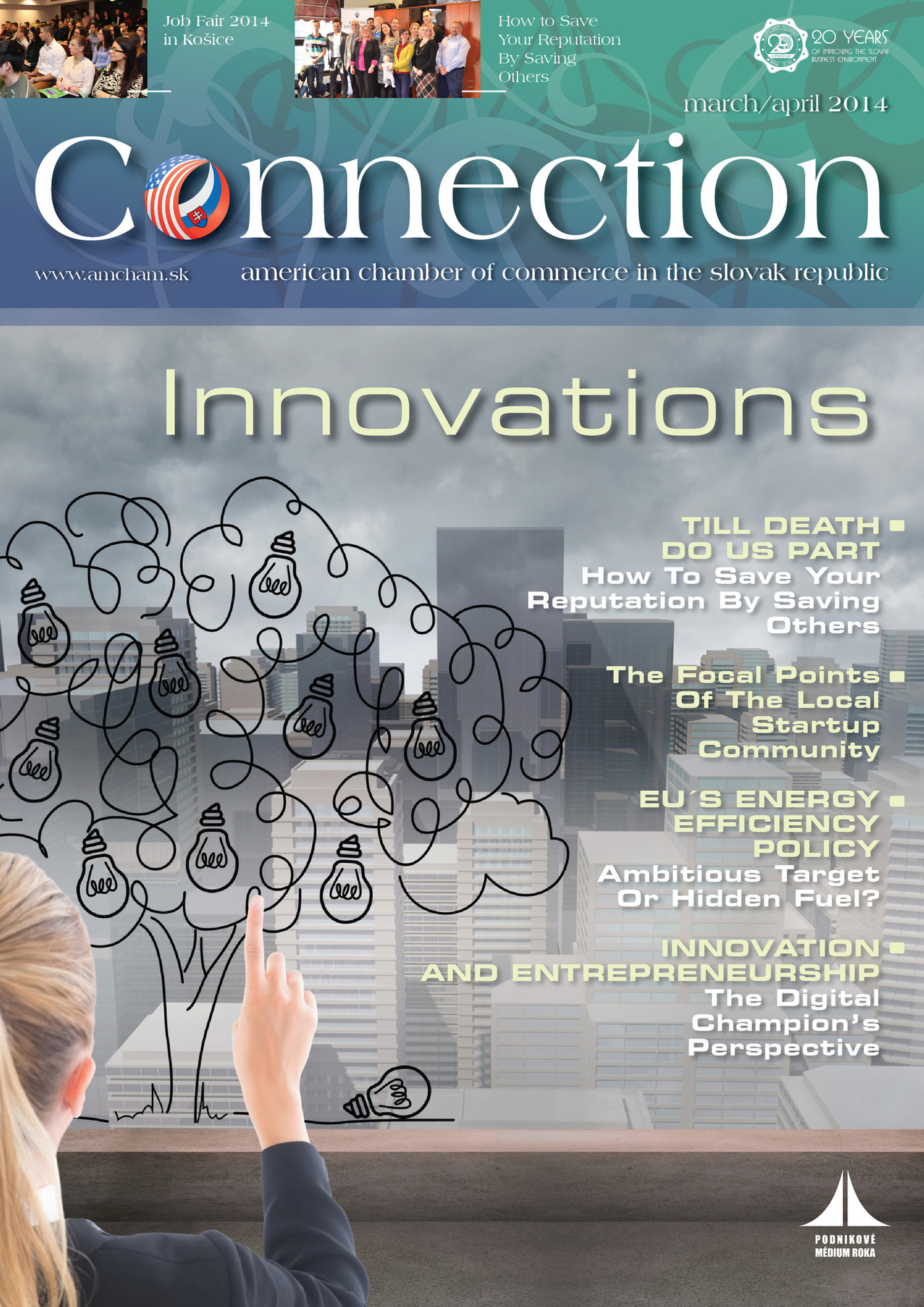Some of the underlying elements of this phenomenon may be used as inspiration for the European Commission’s LEGEND project which focuses on increasing innovation and growth based on SMEs (small and midsized companies) in the region of Košice. The project is funded by the Lifelong Learning Programme – Leonardo da Vinci – which strives to strengthen the weak connection between the Slovak labor market and the vocational training system.
Intellectual Capital Statement
The lack of natural resources available in Germany makes human and structural (organizational) capital extremely important in efforts to stay competitive in world markets. The German experience of combining intangibles with tangibles is reflected in the new ‘Intellectual Capital Statement’ methodology, which was implemented in 2004 in most European countries. The methodology emphasizes that human, structural and relational capital are equally as important as financial capital, and they should all be approached in a balanced and comprehensive way.
Human Capital
The base for Germany’s export industry consists of engineering, testing and innovation. None of the G8 countries exports as much as Germany does per capita. These engineering skills are being promoted not only by universities but also by research institutions, with more researchers than institutions in the US. Combined with the dual system, where non-academic youths study and work in parallel allowing for a unique combination of theory and practice, the gap between high-end research and product development is reduced. As an example, it is said that the free speed on German highways is one of the success factors behind the German luxury car industry – you can immediately test it in reality and adapt quickly where necessary.
Structural Capital
Only 17% of a new Porsche is made directly by the company itself. The rest comes from suppliers, both within the region and worldwide. This process way of thinking, and close cooperation with regional suppliers, is probably the main reason why Germany can build and construct complex cars and machinery to a very high level. One of the reasons why German politicians are very much focused on helping SMEs to expand their business and gain access to skilled labor is that their investments are mostly made within the German economy. Corporate taxes are being paid, in part, directly to the community where the SME has its headquarters, dramatically increasing the interest of municipalities in attracting companies to their regions. Since most of the SMEs are family owned, the management and owners also have an interest in maintaining a positive image in their localities. Usually they have a long history in a certain region, and want to preserve good relations with local politicians and inhabitants. This is badly needed, especially in difficult times.
Relational Capital
In the German “Mittelstand” you find many “hidden champions”. These are companies which either work very closely with large corporations, or which operate in a niche industry where the barriers-of-entry are high. They do not seek publicity because usually they are not listed on the stock exchange nor do they sell to end consumers. Their relations with employees, the community and customers are long-term, and are therefore not directly affected by short-term market turbulences. In the economic downturn of 2009-2010 they did not fire personnel; rather they took all possible measures to keep staff, but reduced the number of hours of work available. This is why Germany, when compared with many other competitors, grew rapidly in 2011 in line with the improving economy.
The German “Mittelstand” usually exhibit solid financial stability. This is due to the German banking and taxation systems. The tax system allows companies to build financial reserves in good economic times, and therefore to be prepared for less prosperous times. Also the three pillar German banking system, consisting of state banks (Sparkassen), savings and loans banks (VR-Banken) and commercial banks, allows for long term funding. In particular, the state banks and the savings and loans banks have shown stability which allows them to continue funding in times of crisis, and therefore they do not have to change their policies as often as the commercial banks
Good Practice for Slovakia
Within the realm of the LEGEND project in the region of Košice, it would be interesting to find out the following:
- What kind of professional skills are there today, including social and leadership skills?
- What are the unique skills and experiences? Are there any niches?
- What kind of institutions and universities are there?
- Is the infrastructure adequate?
- Are the state institutions working efficiently? Are they the right ones?
- Is there enough funding available to build relations and to grow?
- How could the multinational companies on site be integrated in the value chain, so they can thrive and bring knowledge into the region?
- On which markets outside Slovakia could the people of Košice compete in?
The German experience shows how this could be done. The key message is that all factors are important, and should be approached in a balanced and comprehensive way. If one link in the value creation chain is weak, it will have consequences for the overall outcome.
Mart Kivikas, Wissenskapital - Centire s.r.o. and Wissenskapital ZFI/ECI GmbH are partners in the Legend Project.



Follow us